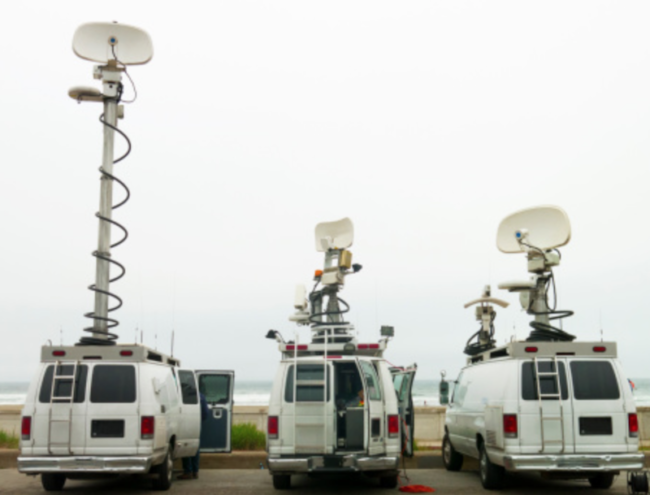American media is a long-running tradition, who aims to get the facts to the American public and keeping the government in check through the distribution of information.
However, now more than ever Americans do not trust the news media to do its job.
A 2016 Gallup poll found that only 32 percent of Americans trust the media “a great deal” or “a fair amount.”
This poll also investigated the difference between the parties, where our nation’s polarization is apparent. Democrats trust the media “a great deal” at a rate of 51 percent while only 14 percent of Republicans can say the same amount.
Either way, the news media does not have the trust of the American people. Why is this?
The prevalence of fake news these days might exacerbate this perception. While main news outlets do vet their sources, outlets that do not do so color audience’s perception. But it would seem as if the “mainstream media” would not drop to such a low confidence level on fake news alone, and this is a relevantly recent occurrence, or at least in the attention it has been given.
Social media may also hurt the trust of the media in certain ways. I know at least for myself, when a cable TV broadcast uses a tweet as a “primary source” it seems unprofessional to me. While this may be widely accepted as a way to get quick information, social media has influenced the news in ways that we may not fully understand.
One person who has taken advantage of this to a high degree is Donald Trump, whose tweet storms defy the media in disseminating his own facts and viewpoint on the world. The fact that news outlets both rely on social media for sources but also can be fought back against via the same platform does not bode well for their credibility.
What may hurt the media the most is the prevalence of “narratives” in cable news and mainstream media. It seems there is always an event occupying the media and that everyone talks about the same thing with the same opinion.
The best example of this hurting the media’s credibility is the election of Donald Trump. No one predicted his win, and the mainline narrative in the media was that he would be destroyed in the voting. While this may have been as much a fault of polling as the news organizations themselves, when major narratives like this backfire, the media’s credibility suffers.
On top of that, what might hurt the media most is the somewhat subjective nature of “truth” that we have in today’s society. Things are so increasingly driven by one’s opinion, perceptions and biases that it seems hard to nail down one perception of the “facts.”
This somewhat fluidity of truth coupled with inherent biases in the media is what likely has caused the public to fall out of trust with the media. For the 86 percent of Republicans who do not trust the media, it is easy to take the unbiased facts of a story, skew them slightly to one’s view, and then look at the media who has skewed it slightly the other way and think one is looking at an entirely different story, thereby losing trust in the media.
This hypothetical scenario, while possibly most pronounced for the Republicans as the mainstream media takes a more liberal stance, likely happens to everyone. Perhaps that is where the news media has lost its credibility.
These biases, both inherent and stemming from a need to produce “engaging” content, coupled with our era of relative truths and alternative facts, have caused people to lose trust in the media.









